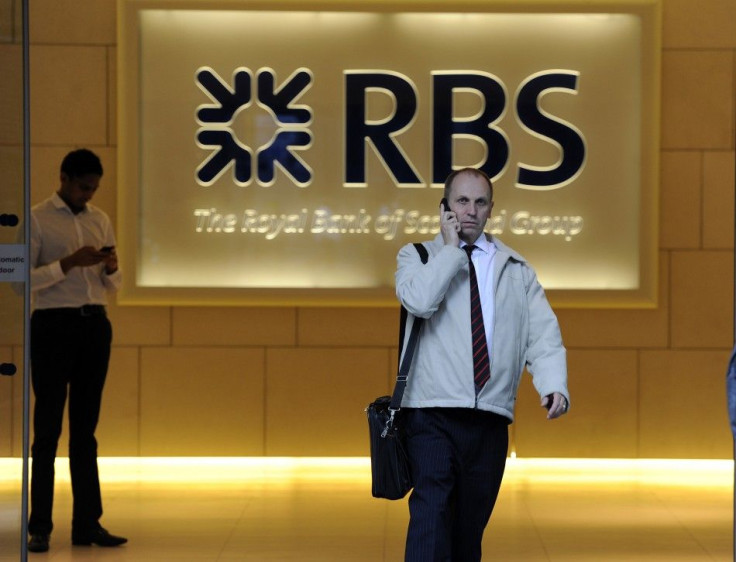RBS to Cut 3,500 Investment Banking Jobs; A Reflection of Industry Trend

Royal Bank of Scotland Group Plc (NYSE: RBS), Britain's biggest state-owned bank, has became the latest major bank to succumb to the global squeeze on financial institutions trying to juggle shareholder pressure and worsening economic prospects.
RBS, which is 83 percent owned by the British government, will eliminate 3,500 jobs in a reorganization of its wholesale banking unit necessitated by worsening economic prospects and government pressure, the bank said Thursday.
The bank will restructure its wholesale banking unit into markets and international banking and will sell or close the remaining businesses in the unit.
RBS also will cut its balance sheet to 300 billion pounds ($460 billion) from 420 billion pounds ($644 billion) and lower its risk-weighted assets to less than 150 billion pounds ($230 billion) from 225 billion pounds ($345 billion).
In addition, it will shift its focus to fixed income, foreign exchange, debt financing, transactions services and risk management and exit its unprofitable cash equities, corporate brokering and mergers-and-acquisitions businesses. The latest cuts, which will phase in over three years, are in addition to the 2,000 losses announced by the bank last summer.
"It is clear that, particularly in the wholesale banking arena, significant new pressures have emerged," Chief Executive Stephen Hester said. "Our goal from these changes is to be more focused for customers, more conservatively funded, more efficient and with better, more stable returns for shareholders overall."
RBS's shake-up and layoff announcement won't be the last. Reined by leverage ratio reduction, proprietary trading elimination and a slowdown in trading overall due to Eurozone problems, more banks could be forced to downsize.
And the downsizing won't be restricted to Europe, Richard Bove, vice president of equity research at Rochdale Securities, told the International Business Times.
"About six or seven months ago, I estimated that about 100,000 to 150,000 people would lose their jobs in the capital markets arena. Since that time, we've been closing in on that 100,000 number pretty rapidly," Bove said.
RBS, which has received a series of bailouts from the British government, has been under pressure from U.K. politicians to scale back on high-risk activities that required large amounts of capital.
According to RBS's most recent filings, for third quarter 2011, the investment banking unit brought in 1.1 billion British pounds ($1.69 billion), a 29 percent decline compared with the year-ago period.
© Copyright IBTimes 2024. All rights reserved.












